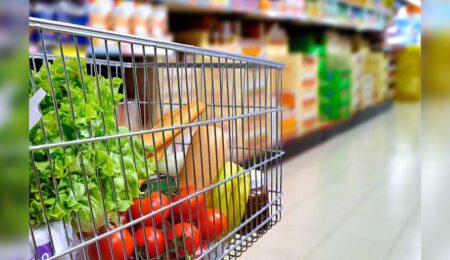For most Nigerians, the first quarter of 2023 was like an aimless walk through a desert under the blazing midday sun. So much has happened since the year began. The first was an unusual fuel scarcity from November 2022 that found its way into the new year and ruffled things up a bit – like a hike in transportation and increased living costs- before other unprecedented events occurred.
By February, the Central Bank of Nigeria (CBN) initiated a cash withdrawal policy it announced last year. The cash withdrawal policy came on the heels of a new naira re-design introduced in October by the Federal Government (FG). Whilst the deadline moved to December, the FG planned to replace the old naira notes with newly red-designed (limited) banknotes.
Although the policy aimed to prevent counterfeits, corruption, terrorist funding and economic stability, it flopped. Its outcomes met untold hardship for many Nigerians. As the naira depreciated, people paid a premium to access cash for daily transactions and inflations heightened. More so, residents in border communities across some northern states began to transact with the CFA Franc (the legal tender of neighbouring Francophone countries) due to the naira crunch. Eventually, the policy bred in the hearts of many Nigerians for traditional financial institutions- including the CBN.
The same month, the country’s national electoral commission (INEC) staged its most controversial general elections yet. The ballots saw the naming of Bola Ahmed Tinubu as President-elect. Social media rounds claimed gross electoral malpractices and result manipulations even at the subsequent elections for state governors the following month.
Although the elections were held within four weeks, life became uneasy for many Nigerians. The cash crunch plunged many into a cashless economy that even the Nigerian financial system was ill-prepared for. As Foreign Direct Investments plunge amid increased living standards, here are some startups making living costs affordable for Nigerians:
Ride-hailing startups
In the heat of the naira scarcity, mobility was a huge problem for many residents who didn’t have personal means of transportation. It was difficult to use commercial transport systems that mostly transacted with cash. But ride-hailing companies came to the rescue as people could make payments through bank transfers. Startups like Rider and Bolt innovated their offerings with affordable product options. For instance, Bolt introduced its cheaper Economy option, which took a longer arrival time. And Rider served as a more affordable alternative to the rest bigger of the pack.
“If you ask me, I think they are all the same thing,” said Success Egbe, a Customer Care Agent in Lagos. “All the ride-hailing companies have their selling points. Either you are trading a luxury ride for a rickety one or your time for a cheaper fare.”
Fintechs
Another group of startups that made life affordable for Nigerians are Fintech companies. Amid the cash crunch, residents sought means to pay for basic things such as groceries, airtime and data recharge and other bills. Even though people had access to banking apps, the increased traffic outweighed their functions and caused transaction failures. But fintech apps which operated digital banks like Kuda, Palm Pay, Chipper Cash, Cowry and OPay came to the rescue.
“Well, fintech companies are helping to make things easy. To me, OPay is the most reliable fintech company. Their network hardly fails like most bank apps that would debit you after a failed transaction,” said Joshua Umeh, a POS Marchant. “But the OPay POS machines are pretty expensive and hard to get.”
Delivery services
Delivery startups are helping Nigerians channel their time and energy to other things as they unburden delivery needs. Last-mile delivery companies like Glovo offer affordable rates. But users are mostly restricted to items within their location. While the likes of Jumia Foods maintained their affordable food delivery offerings, Fastfood companies with delivery services like Cold Stone and Domino Pizza have offered free/ discounted delivery fees for customers.





